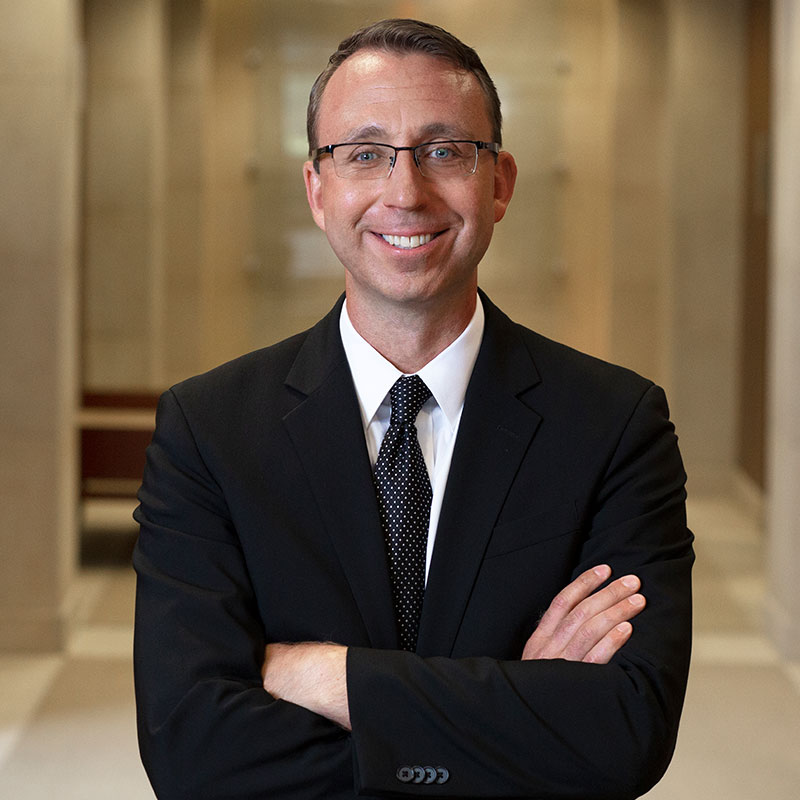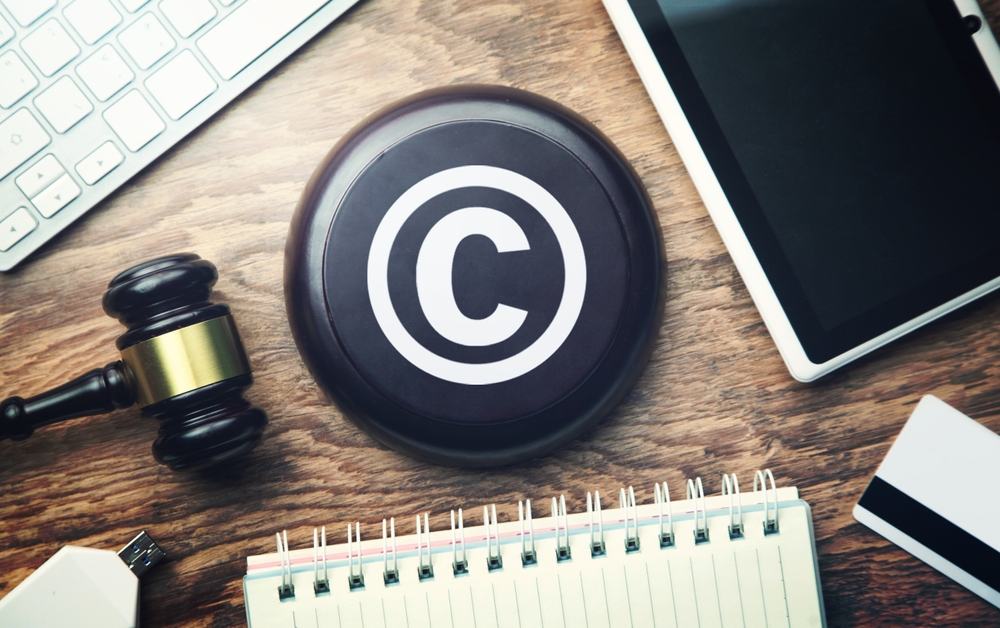On May 9, 2024, the United States Supreme Court issued an opinion regarding whether Section 507(b) of the Copyright Act serves to bar damages for offenses that predate suit by more than three years. The court held that there is no three-year damages bar and the Copyright Act entitles a copyright owner to recover damages for any timely claim. Warner Chappell Music, Inc. v. Nealy, 144 S. Ct. 1135 (2024). (“Warner Chappell”).
The Statute of Limitations for Copyright claims. Accrual v. Discovery Rule.
The statute of limitations to bring a claim under the Copyright Act is “three years after the claim accrues.” 17 U.S.C. § 507(b). There are two different views on when a claim “accrues” under the Copyright Act: (1) the accrual rule, and (2) the discovery rule.
Under the accrual rule, a Copyright claim accrues when an infringing act occurs. Petrella v. Metro-Goldwyn-Mayer, Inc., 572 U.S. 663, 670 (2014). This means a plaintiff has three years from the infringing act to bring an infringement action, whether they knew of the infringement or not. Under the discovery rule, a copyright claim accrues (and the limitations clock starts ticking) when the plaintiff learns or reasonably should have learned that the defendant was infringing a protected work. Richardson v. Kharbouch, No. 19 C 02321, 2020 WL 1445629, at *7 (N.D. Ill. Mar. 25, 2020). This means a plaintiff has three years to bring an infringement action from the date plaintiff discovered or reasonably should have discovered the infringement.
Petrella cap on damages and its implications.
Petrella, a case decided by the United States Supreme Court, held that the plaintiff could only recover damages for plaintiff’s Copyright claim for the three-year period before the suit was filed. Petrella, 572 U.S. at 670. This holding was applied to an accrual rule case which limits timely claims to infringements brought within three years of the date they occurred. Id. at 672.
However, the Petrella holding created a circuit split on whether this damages bar applied only in accrual rule circuits or in both accrual and discovery rule circuits. The 11th Circuit rejected the damages bar. Starz Ent., LLC v. MGM Domestic Television Distribution, LLC, 39 F.4th 1236 (9th Cir. 2022). Whereas the 2nd Circuit applied the damages bar. Sohm v. Scholastic Inc., 959 F.3d 39, (2d Cir. 2020).
This circuit split led to the certified question in Warner Chappell, “whether, under the discovery accrual rule applied by circuit courts, a copyright plaintiff can recover damages for acts that allegedly occurred more than three years before the filing of a lawsuit.” Warner Chappell Music, Inc. v. Nealy, 144 S. Ct. 1135 (2024).
The Discovery Rule and damages in the 7th Circuit post Petrella.
The holding in Petrella did not appear to change how courts in the 7th Circuit interpreted Section 507(b), either by the use of the discovery rule, or by refusing to impose the three-year damages bar.
Post-Petrella, the 7th Circuit continued to measure the statute of limitations on copyright claims from the discovery date of the alleged violation. Oppenheimer v. GEI Consultants, Inc., No. 21 C 1967, 2021 WL 8314495, at *2 (N.D. Ill. Oct. 27, 2021).
Additionally, pre–Warner Chappell, many of the district courts in the 7th Circuit rejected the concept of a three-year damages bar in discovery rule cases. Richardson v. Kharbouch, No. 19-C-02321, 2020 WL 1445629, at *6–7 (N.D. Ill. Mar. 25, 2020); Boehm v. Svehla, No. 15-cv-379-jdp, 2017 WL 4326308, at *8–9 (W.D. Wis. Sept. 27, 2017); Design Basics LLC v. J & V Roberts Invs., Inc., 130 F. Supp. 3d 1266, 1281–82 (E.D. Wis. 2015). This meant that the holding in Warner Chappell affirmed the interpretation of Section 507(b) that many of the district courts in the 7th Circuit were already applying.
Warner Chappell Music, Inc. v. Nealy: facts and holding.
Put simply, in Warner Chappell, the court held that there was no three-year damages bar in discovery rule cases. Warner Chappell Music, Inc. v. Nealy, 144 S. Ct. 1135 (2024). Nealy, the plaintiff in the case, formed a corporation in 1983 with Tony Butler, that recorded and released music, including the works at issue in the case. Id. at 1137. Nealy served some time in prison, and during this time Butler entered into an agreement with Warner Chappell Music, Inc., the defendant in the case, to license works from Nealy and Butler’s 1983 corporation. Id. The case was heard in a discovery rule circuit, and Nealy claimed his claims were timely because they were not discovered until 2016, and the case was brought in 2018. Id. at 1138. The court held that Nealy could recover damages for all the infringements, even the ones occurring more than three years prior to Nealy bringing suit. Id. at 1140. The court emphasized that because the claim was brought under the discovery rule it was a timely claim, and a plaintiff can recover all damages on timely claims. Id. Finally, the court pointed to the differences between Nealy and the plaintiff in Petrella, stating “Nealy is in a different situation. He has invoked the discovery rule to bring claims for infringing acts occurring more than three years before he filed suit.”. Id.
Notably, the Court declined to determine whether the accrual rule or the discovery rule was the proper way to govern the timeliness of copyright infringement claims, generally. Id. at 1139. This allows circuit courts to continue applying either the accrual or the discovery rule. Id.
What does this mean going forward for Copyright cases in the 7th Circuit?
The holding in Warner Chappell prevents a three-year bar on damages from being imposed if the claims were brought within three years of their discovery. This is because the 7th Circuit uses the discovery rule and nothing in Warner Chappell prevents the use of the discovery rule. So, as long as a plaintiff in the 7th Circuit meets the statute of limitations requirements for the discovery rule, they can recover for infringements that occurred more than three years prior to when the suit was filed. As the court put so succinctly, “a copyright owner possessing a timely claim for infringement is entitled to damages, no matter when the infringement occurred.” Id.

Joel Huotari is a partner at WilliamsMcCarthy LLP with a diverse practice in the state and federal courts. His clients range from individuals to multinational corporations. Joel can be reached at jhuotari@wilmac.com or by phone at 815-987-8900.

Benjamin W. Kimes is an associate attorney with WilliamsMcCarthy LLP. He focuses his practice on civil litigation, commercial litigation, and personal injury law. Benjamin can be reached at bkimes@wilmac.com or by phone at 815-987-8966.




